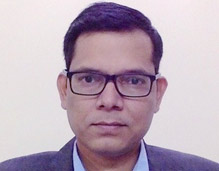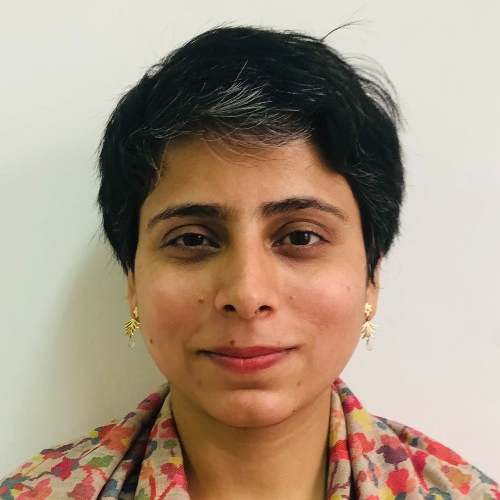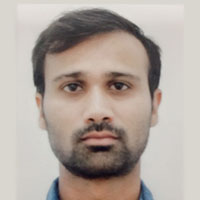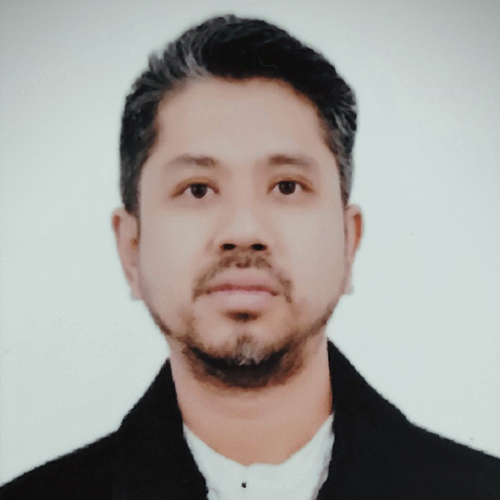The Trump Challenge to the JCPOA
Trump’s new policy statement on Iran has enveloped the UNSC-approved Joint Comprehensive Plan of Action in a shroud of uncertainty that could lead to further instability in conflict-ridden West Asia.
- S. Samuel C. Rajiv
- October 24, 2017








